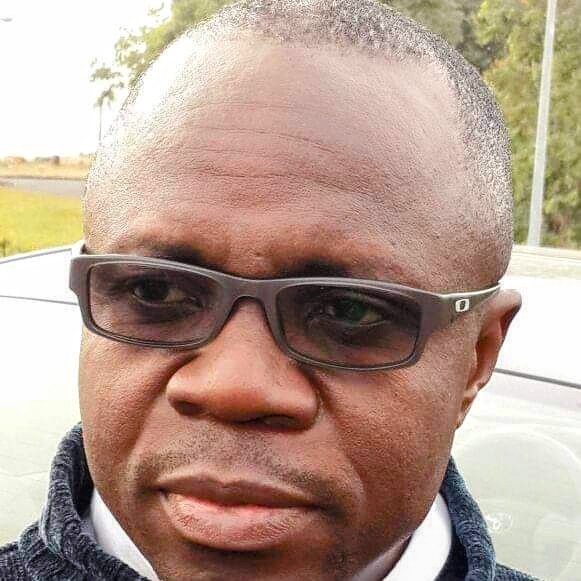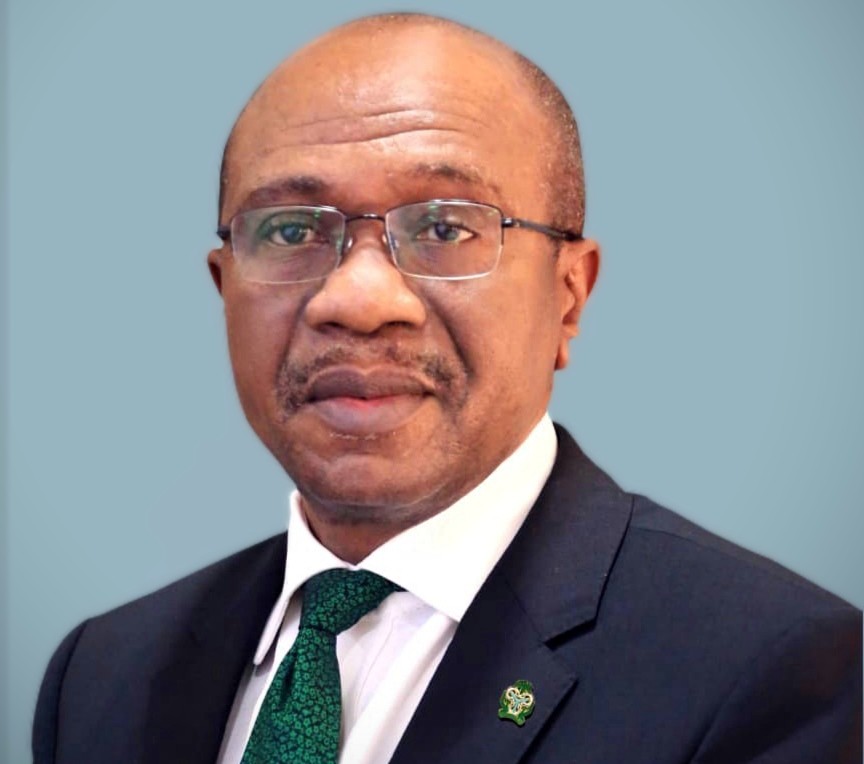By Sam Akpe
It started as a mere conversation among scholars —and intending scholars. So, it was naturally heavy on academic slants —full of theoretical postulations. Each person knew exactly what the problem was —we always do. But nobody knew why they were not solved. It was a case of the ideal versus the real.
The discourse was on the media —journalism in particular. No, nobody mentioned brown envelope. It doesn’t seem to be fashionable any longer. We were facing issues of good governance —or the lack of it. Good enough, a few of the discussants had had stints in the newsrooms —no matter how brief; either in Nigeria or elsewhere.
The focus was on the near impotency of the media in Nigeria. How come the mass media have lost the pre-independent steam? Or even the resounding combative tone noticed during the military era? The question came from Desmond Okocha, a professor of mass communication.
Okocha has a way of igniting hair-raising discussions. He seems to have deep knowledge of almost everything. Then he would throw the floor open —as they say in Nigeria, start taking opinions from others, and at the same time holding firmly to his position until you can dismantle it with a superior argument. That hardly happens.
As soon as he dropped the question on the near impotency of the media, there was a loud, short silence. Then he took the floor again in his commanding style; with another crucial question: Do media houses in Nigeria still have ideologies? Wait a minute! Ideology?
It was another way of asking whether media organisations still have certain doctrines, operational philosophies, beliefs or principles that guide their daily operations. The house was quiet again. You must watch your moves in the presence of an intellectual tempest.
Ideologies, in the media industry, are the deliberate guideposts that give directions to, not just the editorial inclination and general contents of the media, but the totality of their functions. It refers to the corporate vision.
David Croteau, a Marxist, an author and media specialist, spoke the minds of many when he stated years back that the word “ideology is a decidedly complicated term with different implications, depending on the context in which it is used.”
He observed that in everyday expression, the same word could be regarded as an insult, if it is used to mean that someone is ideological! In that sense, it would imply being rigid or uncompromising “in the face of overwhelming evidence contradicting one’s beliefs.”
Among the Marxists, ideology equally means something slightly different. But let’s return to media ideology. Should media organisations have ideologies? The answer is absolutely yes! It has always been the case, particularly in developed political environment, where mass media are revered.
Again, Croteau says the moment scholars start examining media products to uncover their ideology, watch it! They are simply interested in what he calls “the underlying images of society they provide.” He says “media ideology is a system of meaning that helps define and explain the world and what makes value judgments about that world.”
One of the emerging scholars responded, deliberately: “How can that be, when African countries do not have national ideologies!” Although the conversation seemed to be shifting towards politics, the issue of media ideologies refused to die.
For avoidance of error, media ideology is different from media house styles. The Economist, in its 2005 Style Book defines house style as “a set of rules telling journalists whether to write e-mail or email, Gadaffi or Qadafi, judgement or judgment.” House styles are most times derived from ideologies of the media.
In the years when the colonial masters enslaved Africa, and the mass media were the cheapest and most potent weapon used in fighting for liberation, every newspaper had its ideological bent. Even under the military regime in some African countries, the individual mass media had their vision and mission.
This is not about the history of African media. It is about the unholy transition of the industry from a fire-spiting, fearsome pedestal to that of a dysfunctional entity that can neither bark nor bite. What happened? Who quenched the fire and took away the woods?
Before we get lost in rhetoric, let’s reflect a little bit. Farooq Kperogi is a Nigerian media intellectual. In one of his books, he observes that the institutional mass media in Nigeria, especially the country’s vibrant independent newspapers, seem to have lost steam.
In past years, he says they had “historically functioned as the only credible arenas for the articulation and circulation of transformative and politically consequential national discourses, and for the instigation of momentous social changes.”
It is difficult to disagree with him that studies of political developments specifically in Nigeria, “from the colonial to the post-colonial periods, have always highlighted the role of the Nigerian press and of Nigerian journalists in energizing and galvanizing popular support for major, defining issues of the times.”
Then he brings in the word ‘however’ as he makes the next point; that since the restoration of democracy in Nigeria in mid-1999, which the press, to immeasurable extent “than any single institution in Nigeria, helped bring about,” the brand of critical journalism seen during the anti-colonial and anti-military eras, “dissipated considerably.”
Nevertheless, “irrespective of historical epochs, the Nigerian press has historically functioned as a discursive parliament for the articulation, ventilation, and circulation of transformative and politically consequential national discourses, and for the instigation of momentous social changes.”
The author states that the Nigerian press was a primary instrument for sustained agitation against colonialism, and prompted James Coleman to declare that, “there can be little doubt that nationalist newspapers and pamphlets have been among the main influences in the awakening of (Nigeria’s) racial and political consciousness.”
At this time, the media in Africa were ideologically bent towards breaking the chain of injustice against Africans. But before and after the dislodgement of formal colonialism, the author says the media ceased to serve as an avenue for public debates, even with the emergence of a corrupt and intolerant post-colonial politicians.
That is the real transition of the media —from functional to dysfunctional. Kperogi hit it right in the head in his analysis that it was the void created by this development that inspired the growth and flourishing of what is called citizen media.
He notes that news sites owned by operators of this brand of journalism are gradually succeeding in holding the governments accountable and even setting the agenda for the traditional media. In fact, citizen media seem to be pedestrianly or unconsciously ideological than the mainstream media.
This might be difficult to swallow. But Kperogi believes that the emergence and popularity of citizen media were “actuated and propelled by… the death or dearth of a critical press tradition in Nigeria —especially the adversarial guerrilla press tradition that reigned in the 1990s…”
In his view, Nigerians —like the scholars who initiated this discussion —expect their press to be robustly or responsibly “fearless, critical, and uncompromisingly adversarial.” This has refused to happen.
But after dislodging military dictatorship, “much of the national press lost its critical bite, (they) appeared to have been anaesthetized into a false sense of triumphalism” at a time they were needed to rise and fight.
Kperogi’s reflections, though devoid of practical solutions, have revealed the path of ugly transition of the African media from the colonial era to the participatory era when untrained practitioners have become more inspirational and crudely ideological than the professionals.
The question of what happened and what next, deserve more research, more analysis and informed predictions. It was an assignment Okocha left hanging as the combative conversation drifted to a close.




